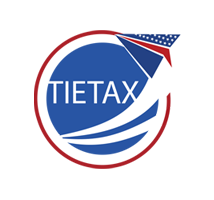Online Filing Is Now Mandatory
I If you are a U.S person living abroad, you should already be aware of the mandatory annual reporting of your ‘foreign’ (non-U.S.) financial account to the U.S. government. For 2012 and prior years, this was done using form TD F 90-22.1, separate from your tax return.
Any U.S. person must file a Report of Foreign Bank and Financial Accounts (FBAR) if that person has a financial interest in, signature authority or other authority over financial accounts in a foreign country and the aggregate value of these account(s) exceeds $10,000 at any time during the calendar year.
The annual filing is required by June 30 each year. This form is not part of the U.S. person’s tax return filing, and no extension is available for additional time to file the form.
For easier step-by-step instructions, click here as we help you through the whole process.
Persons Required to File
T he FBAR regulations state that only U.S. persons with a financial interest in or signature authority over foreign financial accounts must file an FBAR if the aggregate value of the accounts exceeds $10,000 at any time during the calendar year. Foreign persons “in and doing business in” the U.S. who are not U.S. residents generally are not required to file an FBAR.
New Form Required for Filing FBAR as of July 1, 2013
T he FBAR form itself however is now obsolete. The Treasury Financial Crimes Enforcement Network (FinCEN) has renamed the form for FBAR filing. The FBAR now will be known as FinCEN 114 (formerly TD F 90-22.1), Report of Foreign Bank and Financial Accounts (FBAR).
Effective July 1, 2013, FinCEN requires all FBAR forms to be electronically filed. Prior to July 1, 2013, a U.S. person could choose to file the FBAR electronically or file a signed paper FBAR form on or before June 30, after the end of each calendar year.
The new form also allows for a new field to provide reasons for late filing. Historically, a statement was required to be attached to the form documenting reasons for late filing. There is no ability to upload additional documents or attach statements under the new form process. In addition, a section is provided to offer third-party preparer information.
FBAR filers should keep a copy of what was filed for their records for a period of five years from June 30 of the year following the calendar year reported.
The mandatory FBAR e-filing requirement is a significant change in how FBARs are filed. If a U.S. person is not using a third party to prepare the form, the U.S. person will need to access the FinCEN’s BSA E-Filing system to file the form electronically oneself. Paid preparers, such as CPAs, attorneys, and Enrolled Agents can assist their clients in the preparation and submission of electronic FBARs under the BSA E-Filing System by electronically submitting FBARs on behalf of their clients. FinCEN introduced Form 114(a), Record of Authorization to Electronically File FBARs, authorizing third-party preparers to submit for them.
An individual FBAR filer enrolls as a BSA E-Filer individually, while an entity such as a corporation, partnership, LLC or trust must identify a “supervisory user” within its organization to have the primary responsibility for the organization’s use of the BSA E-Filing System; that person must complete and submit the entity’s FBAR online.
Amended FBARs and prior-year or late FBAR forms also are required to be electronically filed.

